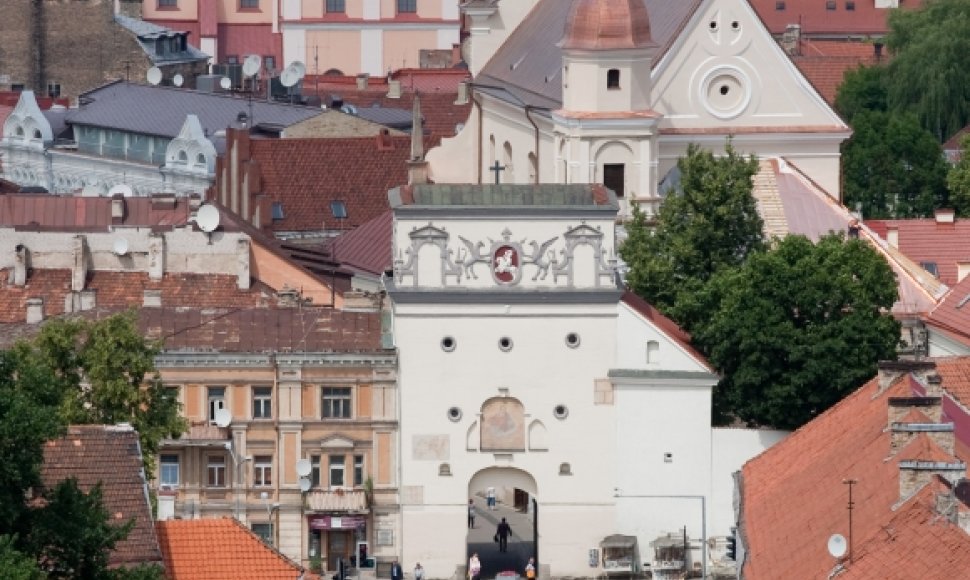The Commission has turned to the World Heritage Centre and the Belorussian National Commission for UNESCO on the issue, according to a press release on Tuesday.
The Commission asks to "take all necessary actions to guarantee the ecological and cultural heritage safety of the Lithuanian capital of Vilnius, and for objective information on the threats of the nuclear power plant and risk-minimizing measures to be provided to Lithuanian authorized institutions and the public."
"The Lithuanian public has not so far been provided with sufficient information on the environmental impact of the planned nuclear power plant, as well as its impact on living conditions for over 1 million residents, the ecosystem, hydrological and thermal regime of the river Neris flowing through Vilnius. There's also no information on what measures are planned for storage of used nuclear fuel and what would evacuation conditions be for Vilnius residents in case of a nuclear accident," the Lithuanian National Commission for UNESCO said.
The Commission warns that "the Lithuanian public and the cultural development of both countries should not become hostages to unilateral actions by the Republic of Belarus which might have catastrophic consequences on cultural relations of both neighboring countries."
"Such actions will determine the future of a large territory of Lithuania and a large part of its residents, and will also pose threat to Vilnius historic center that has exceptional value," the Commission said in a press release.
Lithuania has expressed its concern on numerous occasions over plans to build nuclear power plants near the Lithuanian border in the Russian region of Kaliningrad and Belarus. In cooperation with other Baltic states, Lithuania plans to build a new nuclear power plant in Visaginas.












